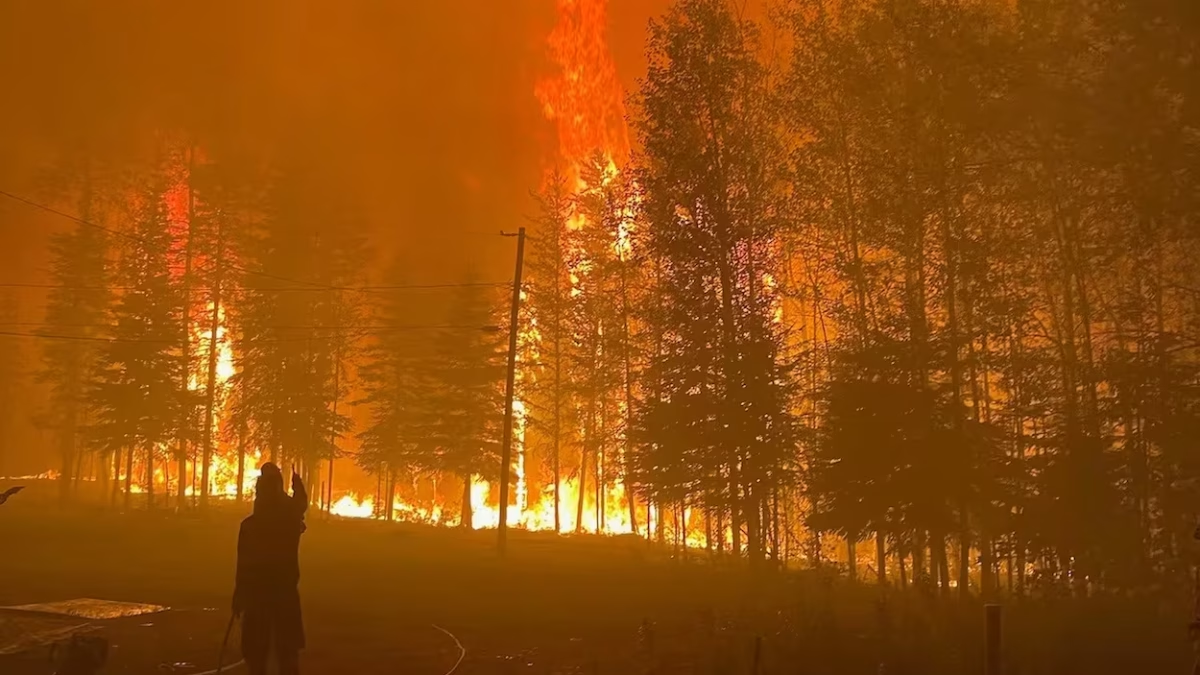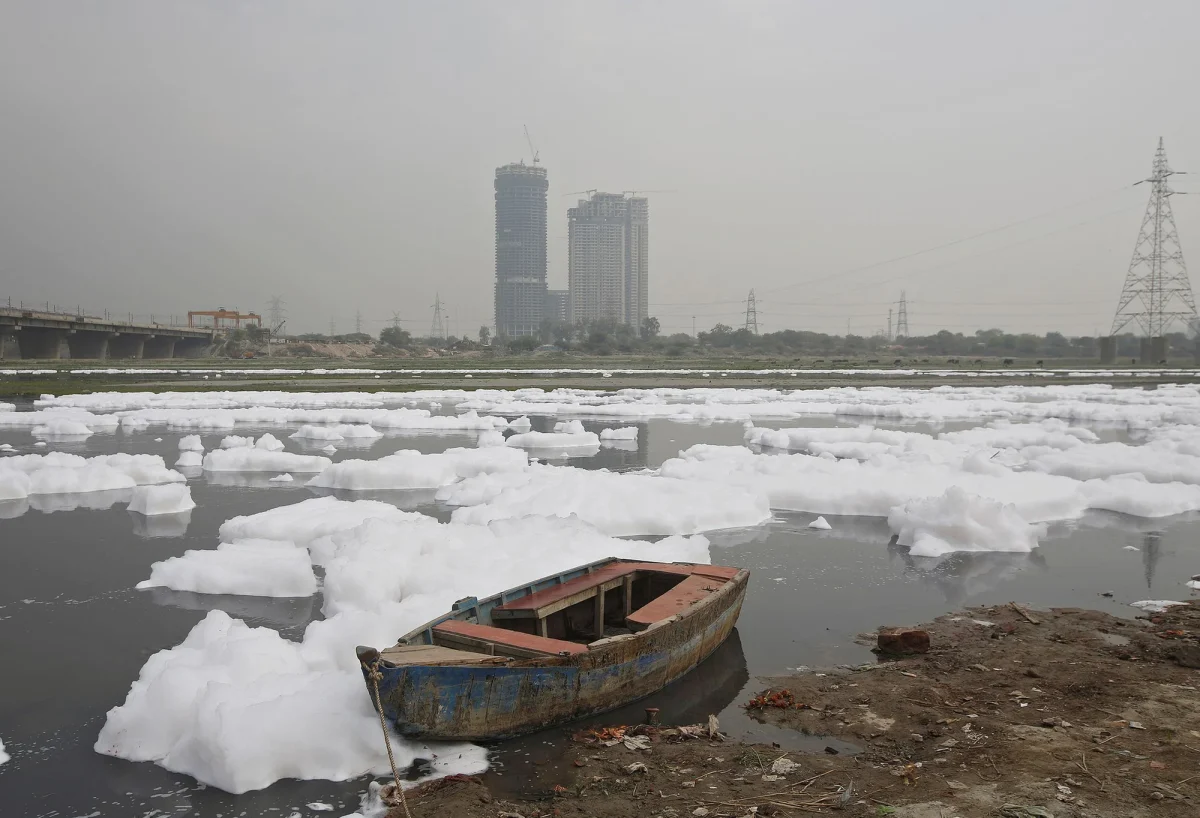The population is growing day by day, that means there are more mouth to feed but the earth itself does not grow.
The world population is changing every minute, people are born and others die, but there is always a big amount of people on earth. One of the most important things in life is food, and to feed the 8.1 people around the world, cities need tons of it. If the population hits 10 billion, it will take 56 percent more food to feed everyone, according to the United Nations Environment Program. Food demand is increasing all around the world but to produce all the food needed, farmers need land to produce on. The urban landscape is expanding all around the world while the land use for agriculture is shrinking. With a heavy population, cities need to expand their territory to house all those people. This means that they are establishing neighborhoods on land use to produce food for the population.
Scientists are researching food that wouldn’t have to be produced on farmland. Lab food and diversity in the food that people eat could be solutions to the problem the population is facing. “ Diversifying the food we eat is one of the solutions to alleviating hunger, addressing biodiversity loss, and helping to adapt to climate change”, says Kew researcher, Dr. Sam Pirinon. Lab-grown meat will be more likely to be consumed, at the same time it can motivate people to reduce animal cruelty.
Beans and legumes are a part of the future food. They are affordable and high in proteins along with vitamins. Insects are another protein we could eat in the future. “Insects are 60 percent dry-weight protein. I mean, honestly, why wouldn’t we use them?” Agnes Kalibata, the UN Secretary-General Antonio Guterres’ special envoy for the 2021 Food Systems Summit, remarks. Eating insects has already started centuries ago in some parts of the world like Thailand, Brazil and African countries. Insects are not only high in proteins but they are also eco-friendly, they cause no harm to the planet to grow and consume.
Nobody knows what the future looks like, maybe governments will find more places to grow food, or maybe the food on the population’s plate will change forever.







